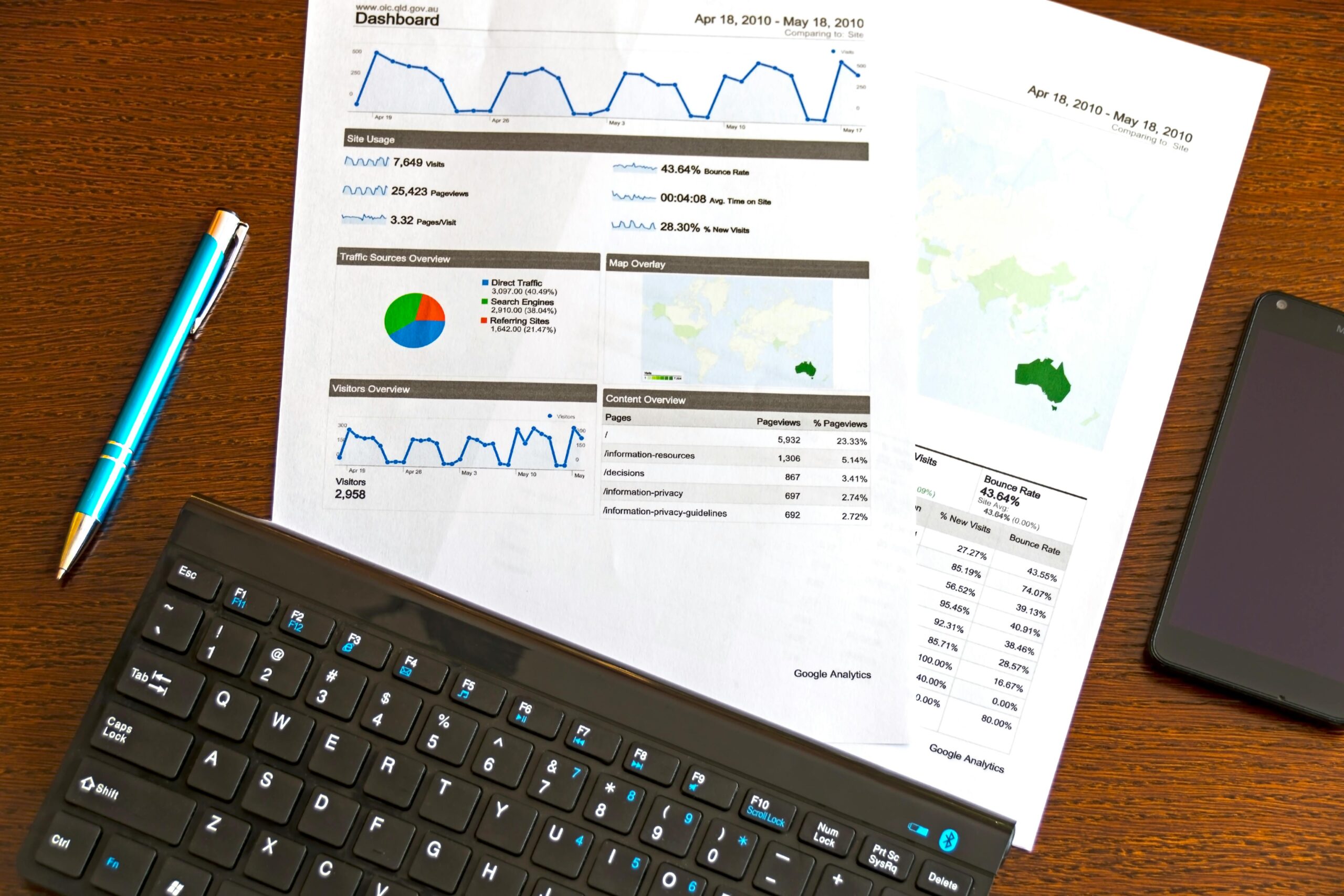Consulting for B2B eCommerce
What is B2B eCommerce?
B2B refers to a commercial transaction paradigm in which two business entities engage in trade or commerce. Such purchases and sales that occur online are eligible to be referred to as business-to-business (B2B) eCommerce. A manufacturer and distributor are examples of business-to-business (B2B) transactions. B2B eCommerce is what happens when these two business entities buy and sell products online. The entire transaction, from ordering to delivery and payment, is referred to as buying and selling.
The eCommerce Edge
The worldwide B2B eCommerce market was valued at USD 12.2 trillion in 2019, according to a survey. Alibaba and Amazon Business are two well-known examples of B2B eCommerce.
B2B companies can expand their reach considerably in order to serve new markets, get deeper into the supply chain, or even venture into untapped industries, all of which can lead to increased sales and profits. Transactional transparency between two trading enterprises is also required in the case of remote trading, and eCommerce handles that. Online transactions will allow businesses to better collaborate with their suppliers. Business-generated data can be utilized in data analytics to help with strategy development and well-informed decision-making.
Difficulties with B2B eCommerce
Businesses are instantly elevated to the realm of online standards and competitiveness when they choose the eCommerce route for business-to-business transactions. They must create the appropriate plans and strategies. On the day of judgment, choosing and implementing the appropriate eCommerce tools and technology becomes a pressing task. In the realm of business-to-business e-commerce, branding and positioning come next. Developing a well-rounded digital marketing plan may need months of experimentation. Businesses can save time and deploy professional B2B eCommerce solutions with the aid of the correct B2B eCommerce consulting.
Getting Ready for B2B eCommerce
A market analysis report takes a comprehensive approach to presenting a market’s appeal and business-friendly conditions. No one can make a market good if it isn’t good for a certain business; if it doesn’t show promise, it simply doesn’t. And if it does, a study on market analysis can explain why. The following should be included in any decent market analysis:

- Performance and trends in the industry
- Estimates of the market size and demand
- Market patterns
- Availability of distributors and suppliers
- Easy logistics
- Profiles of customers and demographics
- Rivals, the level of competitiveness, and the danger of new competitors
- Emerging items and substitutes
- Barriers to market entry and exit
- Political, social, technological, ecological, legal, and economic aspects
- Advantage in negotiations















